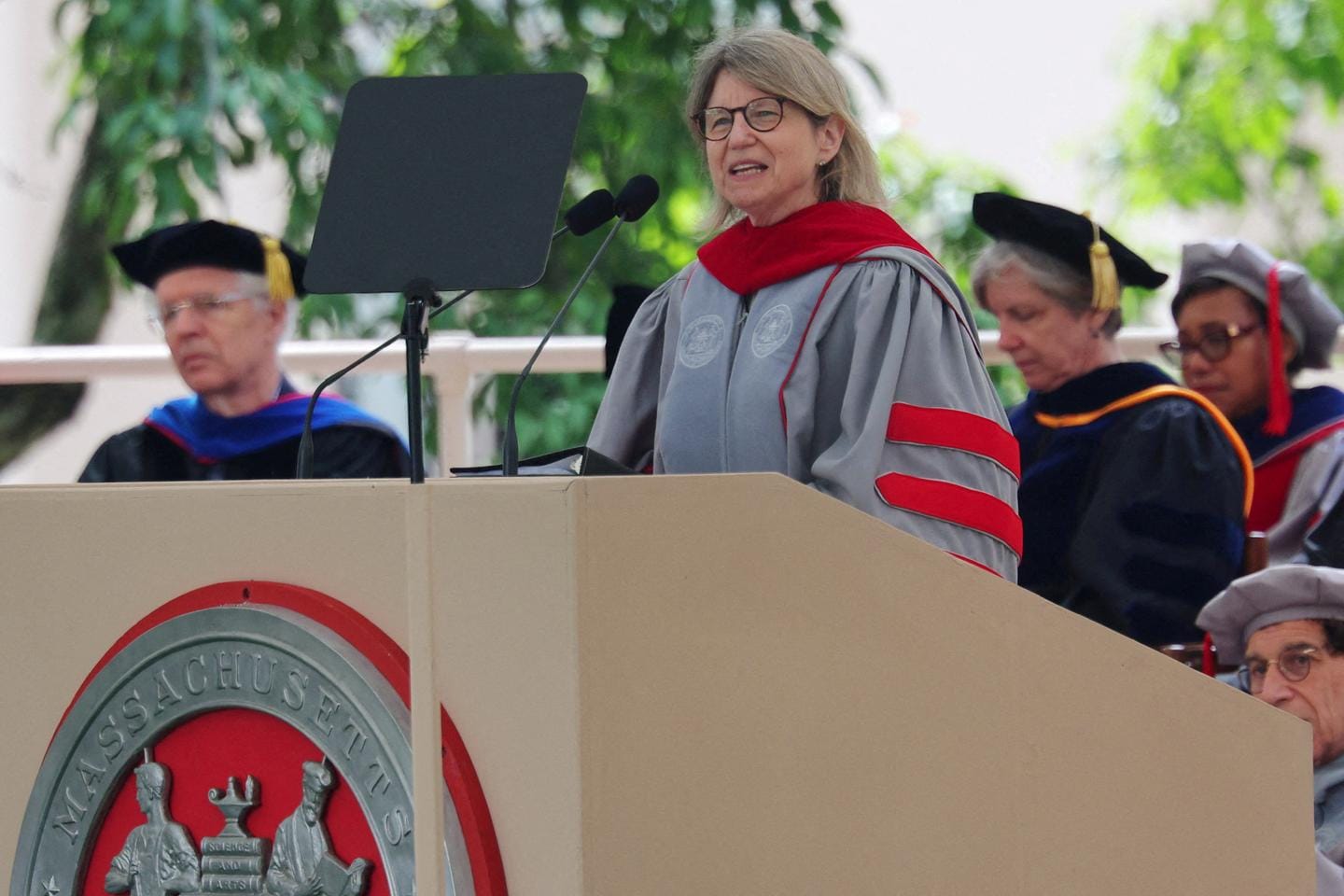MIT President Refuses to Sign Trump Administration’s Higher Education Agreement
In a bold move that underscores the growing tension between academic institutions and political agendas, the president of the Massachusetts Institute of Technology (MIT), Sally Kornbluth, has publicly refused to sign an agreement outlining the Trump administration’s priorities for higher education. This decision, revealed in a letter to Education Secretary Linda McMahon, marks a significant challenge to the administration’s influence over universities.
Key Concerns: Freedom of Expression and Institutional Independence
Kornbluth justified her refusal by stating that the document contained principles that MIT could not endorse, particularly those that would restrict freedom of expression and compromise the institution’s independence. This stance highlights a growing concern among universities about potential government overreach into academic affairs.
The Controversial Proposals
The Trump administration’s proposal included several contentious requirements for universities:
- Excluding factors such as sex, ethnicity, race, nationality, political opinions, sexual orientation, gender identity, and religious affiliations from student admissions, scholarship awards, and staff recruitment processes.
- Adhering to “biological” definitions of “male” and “female” for access to restrooms and sports competitions.
- Revising governance structures to prevent a “dominant ideology” and to dismantle institutions that “punish, demean, and even incite violence against conservative ideas.”
A Stand Against Ideological Conformity
These demands have raised alarms among academics who view them as an attempt to impose ideological conformity and undermine diversity and inclusion efforts on campuses. The insistence on biological definitions of gender, in particular, has drawn criticism for potentially marginalizing transgender and non-binary individuals.
Wider Implications for American Universities
MIT is not alone in receiving these demands. Universities such as Arizona, Pennsylvania, Southern California, Texas, Virginia, Brown, Dartmouth, and Vanderbilt have also been targeted. While these institutions are “free” to reject the agreement, doing so would mean forfeiting federal benefits, including student loans, grants, research funding, and tax advantages.
The Stakes: Federal Funding vs. Institutional Autonomy
This situation presents a difficult choice for universities: comply with the administration’s demands and potentially compromise their values, or stand their ground and risk losing crucial federal funding. The outcome of this standoff could have far-reaching implications for the future of higher education in the United States.
White House Response
In response to MIT’s refusal, White House spokesperson Liz Huston stated that “any university that refuses this unique opportunity to transform higher education serves neither its students nor their parents – it bows to radical left-wing bureaucrats.” This statement underscores the administration’s determination to reshape higher education according to its own ideological vision.
A Pattern of Pressure
This latest development is part of a broader pattern of pressure exerted by the Trump administration on universities. Institutions like Harvard and Columbia have faced accusations of antisemitism for their handling of pro-Palestinian demonstrations, leading to the freezing of federal research grants. This trend suggests a growing willingness on the part of the government to intervene in university affairs.
The Future of Academic Freedom
The clash between MIT and the Trump administration raises fundamental questions about the role of government in higher education and the importance of academic freedom. As more universities respond to the administration’s demands, the future of these institutions and their ability to uphold their values will be closely watched.
Enjoyed this post by Thibault Helle? Subscribe for more insights and updates straight from the source.


